Accountable's Recovery Blog
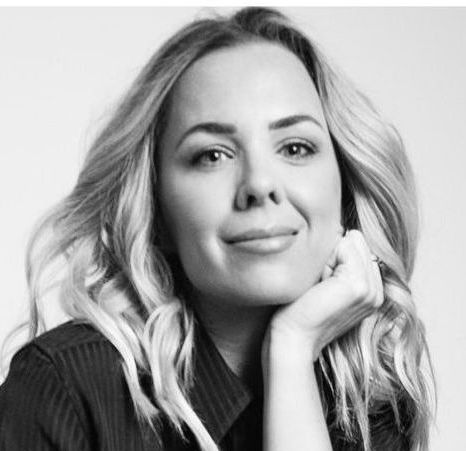
By Nicole Benoist, CPS, CCAR
•
29 Mar, 2024
As we conclude Women's History Month, I have been thinking about what being a woman means to me at this stage in life. In just a few weeks, I will (hopefully) enter my fourth year of sobriety, a journey that intersects with another milestone: my 50th birthday in November. Reflecting on the woman I have evolved into, I am at peace. The false sense of all-knowing that once dominated my youth has given way to a welcomed uncertainty. My heart is open to the possibilities that life has yet to unveil—undiscovered people, places, and experiences. The path ahead is a beautiful unknown; I'm meeting it with open arms. My sobriety has been transformative, illuminating the brighter paths in life while diminishing the darker trails. Most importantly, it has taught me that my history does not dictate my destiny. My journey through life has given me invaluable lessons about my limitations and the beauty of accepting them. The jewels of my existence—faith, family, career, a close circle of friends, and self-care—finally have the focus they deserve. Through forgiveness, I have learned to cultivate love and compassion for myself. I have discovered the strength to alter the course of my life through persistence, discipline, and patience. My spiritual connection has deepened in unimaginable ways, offering a new perspective on my relationship with God. The complex challenges of parenthood have revealed themselves as both the most demanding and rewarding endeavors of my life, underscoring the inevitability of imperfection. I've found vulnerability is not a weakness but a conduit to genuine connection, understanding, and profound love. As I navigate through life, the narrative of my personal history continues to unfold, prompting introspection about the legacy I aspire to leave behind. The impact of my place in the world becomes of utmost importance—what does legacy mean to me? This question often guides my advice to my children: "Did you leave that conversation, person, or situation better than you found it?" My ambition is that my legacy will be the sum of positive daily interactions and acts of kindness that collectively contribute to a more compassionate world. This reflection is not just a personal testament but a universal invitation to embrace the unknown with grace, to recognize the transformative power of self-acceptance, and to acknowledge the profound influence of individual actions on the fabric of our shared humanity.

By Ailish Abbate, PRC
•
22 Mar, 2024
To all the women reading this, it's clear that the mantle of womanhood carries an immense burden. Our surroundings incessantly dictate the essence of being a woman, often presenting a paradox: to embody everything yet simultaneously embody the antithesis. The act of womanhood propels us far from our origins, to the extent of erasing the memory of our childhood streets. It nudges us toward oblivion, making us forget our desires, preferences, and identities. Navigating womanhood correctly seems an unattainable feat, pushing us to seek love, acceptance, and validation externally. I, too, succumbed to these norms of womanhood, adhering to expectations that dictated my body size, compliance, and emotional expression. I was taught that self-prioritization is selfish, that expressing emotions is overly dramatic, and that any display of humanity is frowned upon. I believed that to fit in, I had to diminish myself—altering my appearance, interests, and essence. In a world where self-love is an act of defiance, I desperately sought validation elsewhere. My encounter with drugs and alcohol falsely promised me inclusion into the desired mold of womanhood, allowing me to display the traits I believed were necessary. However, this pursuit led me to a breaking point, bending over backward to conform to an imposed standard. Sobriety became the key to liberating my true self, embarking on a journey back to my roots. It has allowed me to reconstruct the meaning of womanhood, celebrating qualities like compassion, strength, intelligence, bravery, sensitivity, and wisdom. The burdens I once bore have been replaced with profound gratitude for the honor of belonging to the extraordinary collective known as women. In celebration of International Women's Day, let's embrace the diversity and strength inherent in womanhood, forging a path of empowerment and self-discovery.
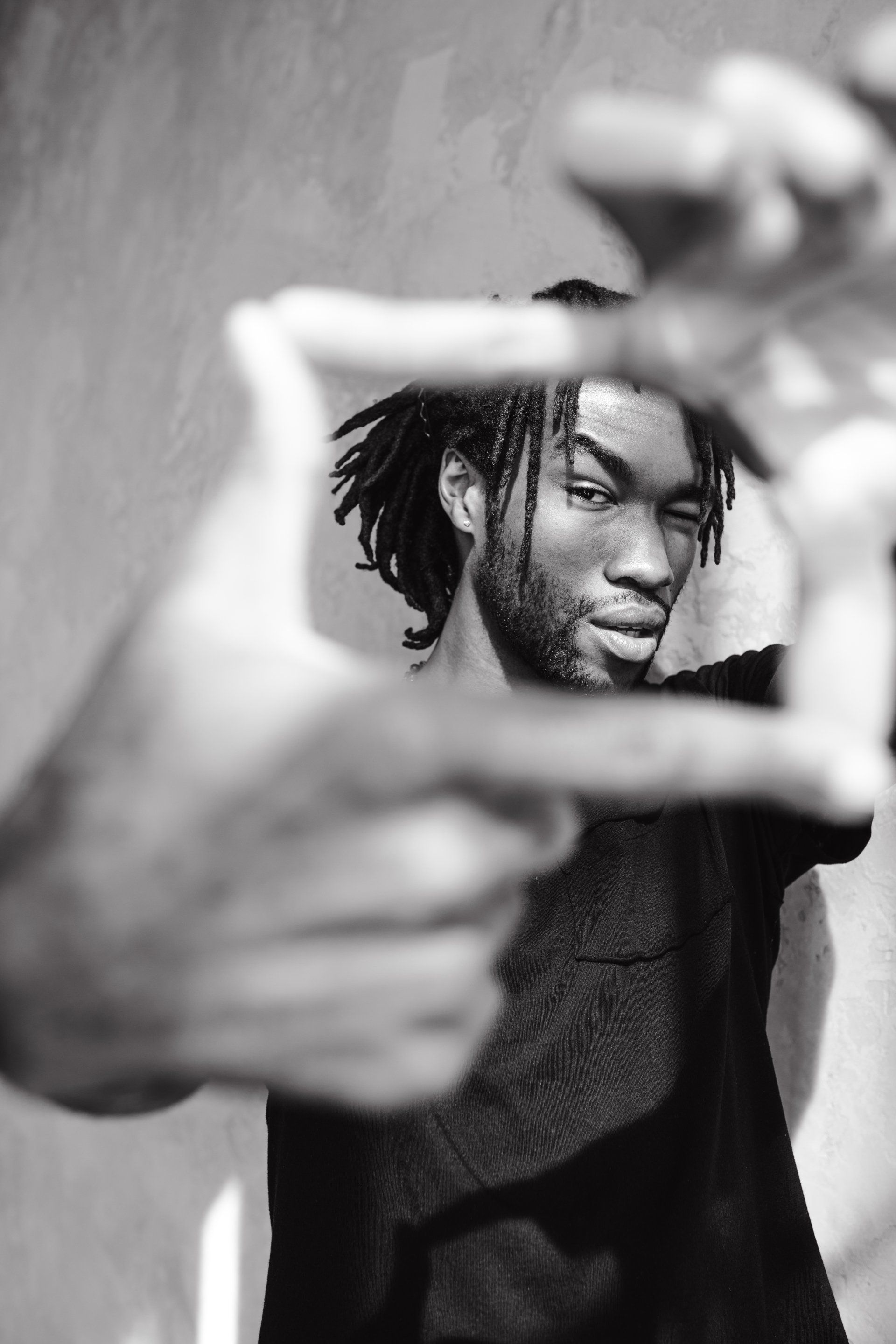
By Nick Dansby, RCP
•
23 Feb, 2024
February marks the celebration of Black History Month, a time to recognize the invaluable contributions of African Americans throughout history and today. Beyond the achievements and milestones, it’s imperative to shed light on the intersections of mental health within the black community. First-hand experience has exposed the gaps in access to treatment. Historical adversities like slavery and systemic exclusion from leverage, equity, inclusion and basic human rights have left a lasting impact, manifesting as socio-economic disparities and barriers to mental health treatment today. The Connection Between Black History and Mental Health: While mental health conditions don’t discriminate based on race, the challenges of accessing adequate mental health treatment are more common for people of color, particularly African Americans. Misdiagnosis, limited access to healthcare, and the scarcity of African American mental health professionals contribute to a significant disparity in mental health outcomes. After an unprovoked assault in 2017, I was told by a therapist that I had exhibited symptoms of Post Traumatic Stress Disorder (PTSD). However, the follow-up, specialist referral, an official diagnosis and treatment were all lacking. Key Trends: The statistics reveal a harsh reality. African American adults are 20% more likely to experience mental health issues than the rest of the population. Black young people face challenges in accessing mental health services compared to their white counterparts. Only 25% of African Americans seek treatment for mental health issues, in contrast to 40% of Caucasian individuals. Socioeconomic factors further propagate the situation, with those living below the poverty line being three times more likely to report severe psychological distress. The Role of Stigma and Lack of Representation: Misdiagnosis by healthcare professionals, societal stigma, and a shortage of black mental health practitioners contribute to the current plight of access to mental health resources in the black community. The underrepresentation of blacks in mental health professions, as highlighted by the statistics, creates a significant gap in culturally competent care. 6.2% of psychologists, 5.6% of advanced-practice psychiatric nurses, 12.6% of social workers, and 21.3% of psychiatrists are members of underrepresented groups. Remember my therapist who informed me about my PTSD? Well, she was also black. I’ve often wondered if she was equipped to complete a full diagnosis, with recommended treatment. Or did she face barriers in performing her professional duties? Paving the Way for Change: Black History Month serves as a reminder to work continually towards breaking down those barriers for the underrepresented, ensuring equal access to mental health and substance abuse resources. Notable figures like Dr. Solomon Carter Fuller, Dr. Paul Cornely, and Mamie Phipps Clark have paved the way for equitable healthcare, making significant contributions to psychiatry, public health, and psychology, respectively. A Call to Action: As Dr. Martin Luther King Jr. wisely stated, progress requires relentless forward movement. Beyond February, it is our collective responsibility to advocate for equal access and dismantle the barriers preventing adequate mental health care. By building awareness, supporting initiatives that promote inclusivity, and demanding change at all levels, we can contribute to a society where mental health is prioritized for everyone. And, hopefully, we may all experience a world where all voices of positive self advocacy are welcomed and encouraged. Sources: Excerpts and data used from Discoverymood.com, National Alliance on Mental Illness (NAMI), American Psychological Association, American Psychiatric Association, and Plymouth Psych Group
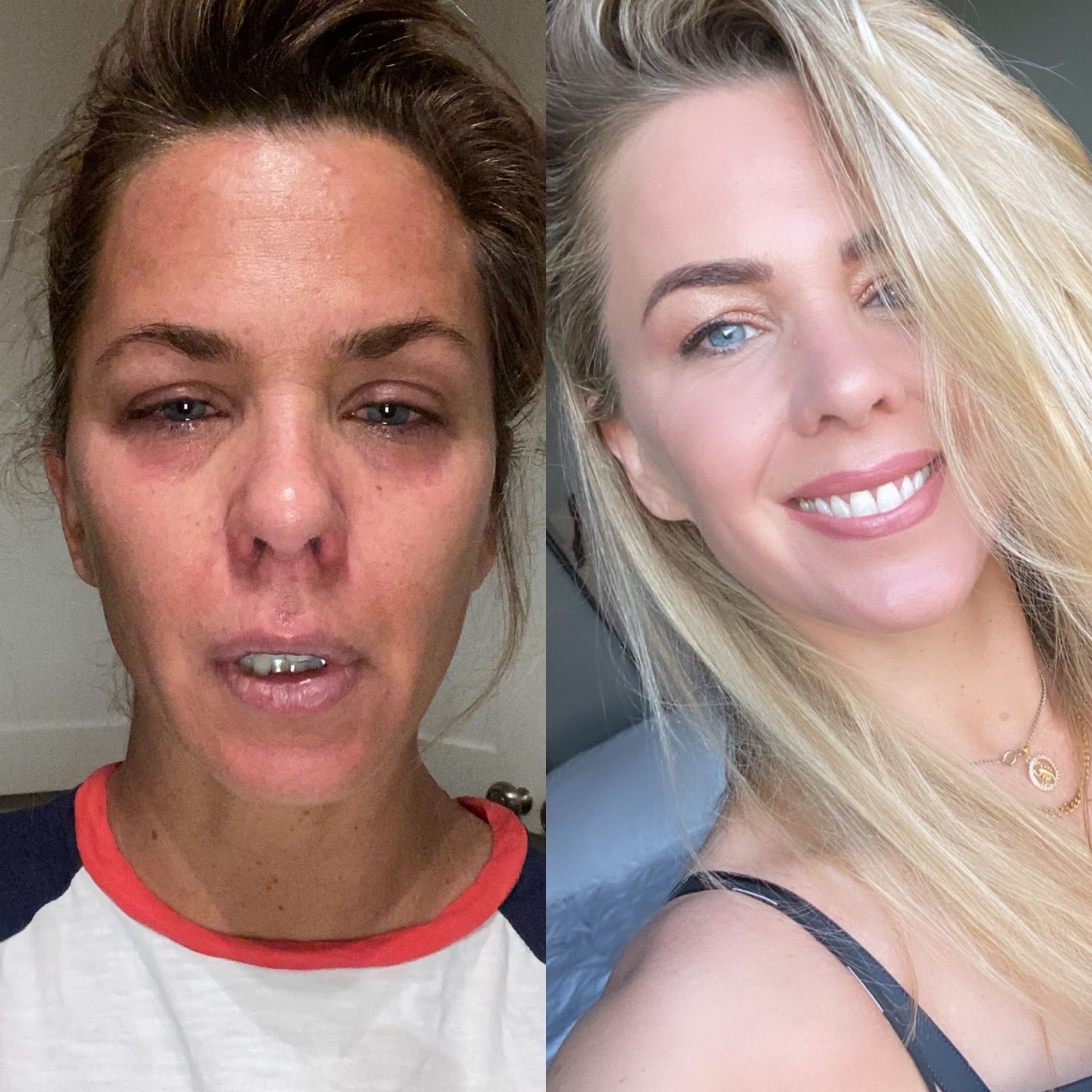
By Nicole Benoist, CPS, CCAR
•
05 Feb, 2024
Addiction doesn't always look like the bottom of the barrel. It can appear as high-functioning, happy, fortunate, and "doing all the things" (as my home group says). In my adult life, I was always an after-five drinker. I didn't drink during the day, had a career, was a mom to two great kids, and was highly productive — so I conveniently figured it wasn't a problem. When I talk to people about addiction, I always go back to the why. For me, it went through stages of excuses — in my teen years, I wanted to control my high anxiety; in my early 20s, I felt alcohol made me a better person — funnier, more interesting, and more creative; in my 30s, it was a bandaid for boredom. Yes, addiction can be genetically predisposed, but it is also sneaky, persistent, and unrelenting. Addiction loved my cognitive cracks. It did not give a f*** how much I had to lose. The disease is progressive, and the more time and space I provided it to grow, the more it wreaked havoc on every part of my brain, body, and soul. In my late 30s/early 40s, it reached what I consider the most dangerous level — to escape and numb. When I think about my first year of sobriety, the vision that comes to mind is not of my outward appearance. I see a snapshot of my insides in boiling water. My head is cut open, exposing live electrical wires sparking and flailing in an attempt to get out and disconnect from my brain and heart. I drank for 30 years (with the exception of two pregnancies), and everything inside me had to learn how to do life without an altering substance. What does that look like? It is a slow roll. It is not an overnight process. I despised the process at times, but I had people around me who held all my pieces together and connected me back to gratitude. It was a rebirth — of EVERYTHING. It was uncomfortable (physically, emotionally, and mentally). It was awkward. It was humbling. It was scary. In the beginning, I did not believe any of the promises people told me would come with sobriety. My new life began on April 13, 2020. As with many, I reached a point where I had enough. My come-to-Jesus moment was in a fetal position on my kitchen floor (unintendedly, but appropriately on Easter Sunday — thank you, God). I took the photo on the left to remember the last day of my former life, 4/12/20. The image on the right is two years later, in the summer of 2022. As the days, months, and years of sobriety click forward, it is not about the drinking. I don't miss the booze — truly, I do not miss it or think about it (a possibility I thought was a total lie before sobriety). I am not as raw as I was in the first couple of years of sobriety, but I do keep learning about possibility, love, and my place in the world. I live in a constant state of discovery. All of the excuses I used to stay in addiction are, ironically, what has been cured in sobriety. With booze in hand, I had no idea what I was capable of, and now it seems I find out a little more each day. The future is bright, my friends. That doesn't mean perfection. For me, it means peace in all the feelings, from joy to discomfort to downright pain. The best news is that I'm feeling it all. I look forward to continuing my work in helping others navigate through their recovery as I join the You Are Accountable team. If you or anyone you know/love/care for needs help, please message me.
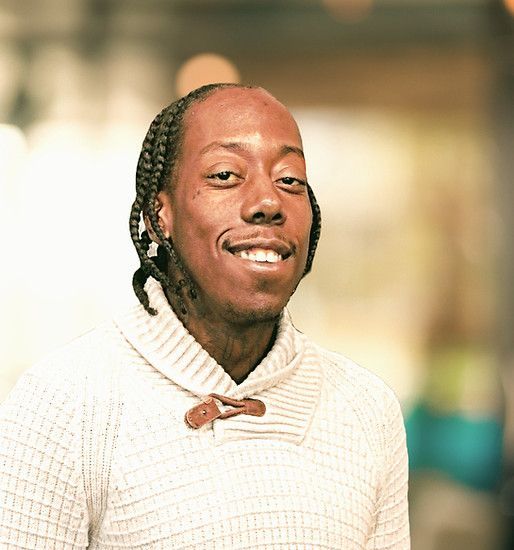
By Nick Dansby, RCP
•
01 Feb, 2024
I was raised by a single mother in the inner city of Detroit, Michigan. Coming from a broken home with limited positive male role models prompted me to grow up pretty early as a young child. Though I would feel the weight of being a “leader” as an older brother and central male figure to my younger sister, I would act out in school and get into fights as a cry for help. My mother and grandmother both emphasized the importance of education early on, and I took it upon myself to fulfill their expectations of going on to complete college. Born with Sickle Cell Anemia, I was thrown into opioid-based pain management at the age of eight years old. As I got older and entered undergrad poor lifestyle decisions, becoming introduced to alcohol at 17, and overindulging in experimentation with mood altering substances worsened my debilitating condition with Sickle Cell. Sickle Cell Anemia is a hereditary blood disorder characterized by low oxygen proteins and causes severe pain across the body. So by not fully understanding my condition, I would fully rely upon medical treatment which would mostly consist of heavily prescribed narcotics. Not yet able to separate myself from destructive habits I would find myself in jail cells and in felony court cases. Let off with probation, my habits would continue to spiral after graduation into my young adulthood and I accepted a lifestyle of dealing percocets, adderall, and marijuana to friends and family. After graduation I began working in higher education as a College Access Advisor. Submerged into my addictions, I lead a double life working in high schools and dealing drugs on the side. My recovery has been the saving grace of my life and my loved ones. In 2018, the downward spiral came to an end when I found myself in prison serving a 10 year sentence. While incarcerated I not only found sobriety but recovery. I began attending AA, NA, 7 Habits for Highly Effective People, and became a peer mentor with other inmates. Eventually I would get a peer recovery specialist credential and was paroled for early release in 2022. My old habits and double-life was laid to rest and I no longer feel guilt and shame when working with the public in “do as I say, not as I do” consciousness. Receiving recovery resources immediately out of prison and serving others in the midst of their crises has reinforced dignity, accountability, and self love. Regaining and repairing the relationships with loved ones, especially with my young daughter, has propelled me into a greater sense of purpose and I am eternally grateful for the chance to be productive in the circle of humanity. I am so excited to get to work with others who have shared lived experiences of trauma, personal development, and reclaiming their identities.
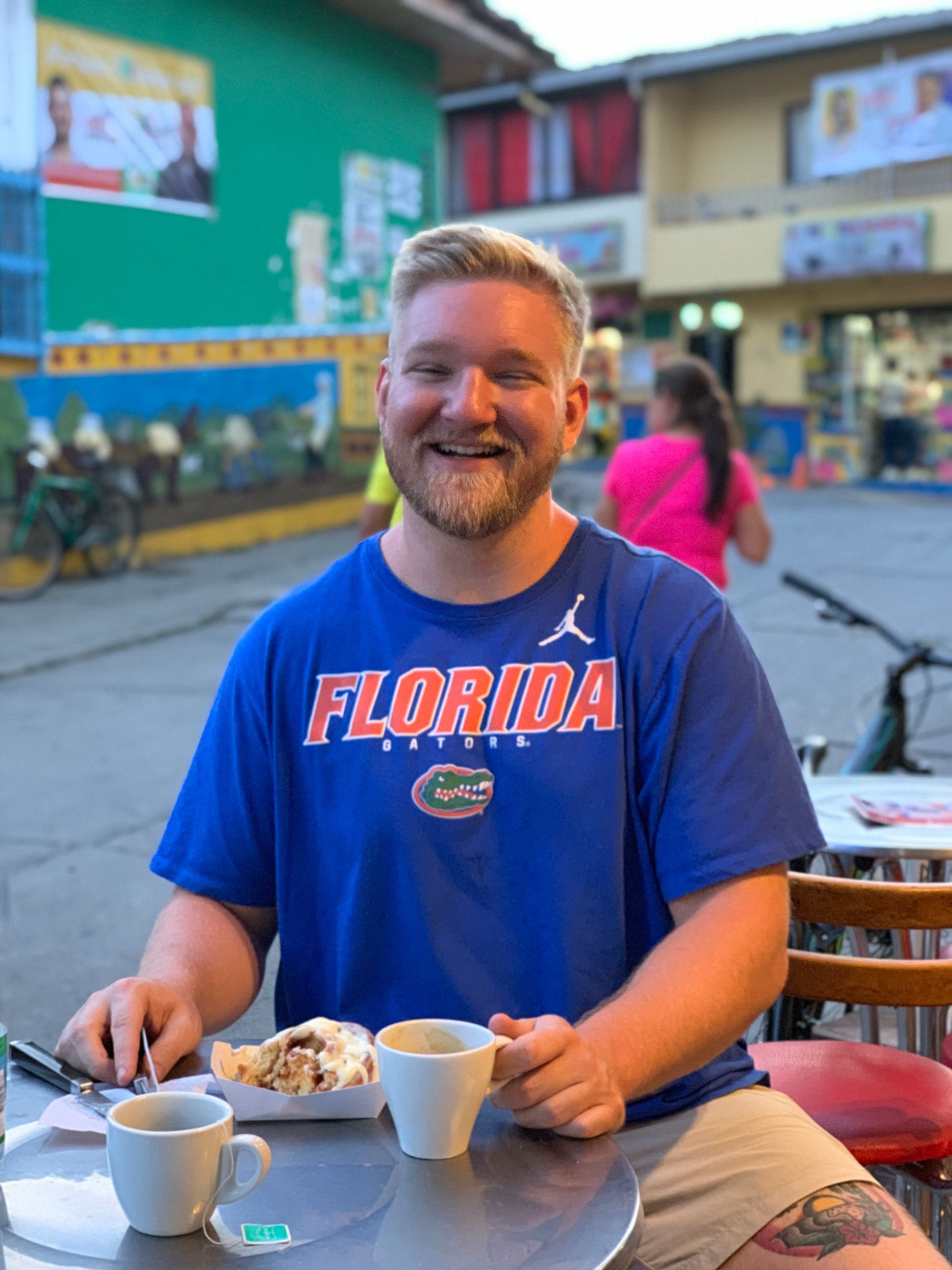
By Matthew Peterson, CRPS, NCPS
•
01 Feb, 2024
My name is Matt Peterson, and I live in Tampa Bay, Florida. My sobriety date is 12/23/2010. Growing up, I had a chaotic home life at times. My parents divorced when I was 12 years old, and it felt like life was spinning out of control. I remember going to an inpatient mental health unit for 30 days at 12 years old, due to my depression, self harm, and suicidal thoughts. This experience of being hospitalized did not help me. I was full of fear, hopelessness, distrust, and anger. At 15 I got drunk for the first time, and it felt like all my problems melted away. I felt confident, numb, happy, and powerful all at the same time. Around age 16 I took on a persona as “the party guy”. I was responsible for finding alcohol, putting together parties, and I finally felt liked, needed, and valued by everyone. Once I got a car and started driving, things got worse. I was now routinely drinking and driving, and was obsessed with alcohol. I would spend all week thinking about the next party I could plan. By 17, I was starting to break my own rules. Now I was binge drinking at parties, and also at home by myself. Addiction and mental health challenges run throughout my family tree. By October of 2010, I had overdosed in a suicide attempt after my dad found my hidden stash of alcohol. At this point in time, drinking was the only thing that brought me happiness. I tried out a couple of 12 step meetings, and I could admit that I never drank in moderation, but the consequences that people were sharing about had not happened to me yet. That all changed on 12/22/2010. I had been drinking heavily that night, and could barely walk. But I was convinced I could still drive, due to my alcoholic insanity. I was pulled over for speeding. I sat there thinking “There’s no way I can talk to a cop right now, I’m plastered.” I looked around at the empty four loko cans littering the floor of my car, and said screw it. I took off as fast as I could. My best friend in the seat next to me said it looked like I was possessed. And I was. Once I started drinking, all that mattered was the ability to continue drinking, and nothing could stop me. About a minute later, I ended up spinning into a guardrail at 120 mph, and totaled my car. By some miracle, I did not hit a family on the interstate, and my best friend and I were left virtually unharmed. I was taken to the hospital for some minor injuries, and then spent Christmas in a psych ward. Here I was faced with two options. Go to prison for 9 years due to the felony evading arrest charge, DUI, etc. or go to treatment for 90 days, and I would have a chance at freedom. I surrendered. The jig was up. There were no more escape hatches to crawl out of. While in treatment I became fully convinced that I was bodily and mentally different from my fellows, and my experience with drinking has shown me that. I took suggestions, and developed a connection with a higher power that has kept me alive during some of the darkest times of my life. I was able to graduate high school while in treatment, enroll in college, connect with other young people in recovery, and finally developed trust with my family again. Life has still been full of challenges since beginning my recovery journey, but my decision to not take a drink, one day at a time, has given me the ability to get through all of these challenges. My willingness to be authentic and vulnerable with my support system is what has helped me the most. I firmly believe that the reason I am alive today is to help others that struggle with substance use and mental health challenges. This is my passion. If you are new to recovery, it’s never too early or too late to begin your recovery journey. Today is the perfect time.

By Katie McKenna NCPRSS
•
29 Jan, 2024
The journey to recovery from addiction is a path paved with courage, resilience, and an unwavering commitment to change. It's a decision that requires you to face your deepest fears and doubts, to leave behind a part of your life that, despite its destructive nature, has been a constant companion for so long. Imagine standing at the edge of a precipice, staring into the unknown. You know that the addiction is wreaking havoc in your life, yet there are perceived benefits that seem to make it all worthwhile. For instance, alcohol might have initially given you a sense of confidence, helped you shed your shyness, and made social situations more bearable. For someone grappling with social anxiety, the thought of living without this crutch can be terrifying. But here's where the real challenge lies - in choosing recovery despite the fear. The fear of what life would look like in recovery. Will it be a struggle? Will it be painful or miserable? Will I ever have fun again, make friends, or fit into society? What will people think of me? How will I perceive myself? How will I change? These questions can be overwhelming, and the fear they instigate can feel incredibly real. Yet, it's important to remember that fear often holds us back from making any decision, not just the one for recovery. The hardest part of recovery is facing this fear and choosing recovery in spite of it. It's about embracing the unknown and stepping into a new chapter of your life. On the other hand, anyone who chooses recovery is a beacon of bravery. They've chosen to confront something that terrifies them and are doing it anyway. This act of courage is a testament to their strength and determination. Choosing recovery is not just about leaving an addiction behind; it's about choosing a new way of life. It's about choosing health, happiness, and a future filled with possibilities. It's about choosing to be brave in the face of fear and uncertainty. So, if you're standing on that precipice, staring into the unknown, remember this - you are not alone. You are brave, you are strong, and you have the power to choose recovery. Embrace the journey, face your fears, and step into a life of transformation and healing. Because the decision to choose recovery is the first step towards a brighter, healthier, and more fulfilling life.

By David Aumiller, NCPRSS
•
03 Jan, 2024
Recovery is a journey, and like any journey, it should be filled with moments of joy, laughter, and camaraderie. It's essential to remember that recovery isn't just about overcoming addiction; it's about rediscovering the joy in life and learning to have fun in a healthy, fulfilling way. In the early stages of recovery, fun can sometimes feel out of reach. Our brains are healing from dopamine depletion, and it can be challenging to find enjoyment in activities we once loved. But fear not! The human brain is an incredible organ, capable of healing and adapting over time. As you progress in your recovery, you'll find that the fog lifts, and the world becomes vibrant and exciting once again. One of the best ways to accelerate this process is by engaging in group activities. These activities not only provide a source of fun but also foster a sense of community and mutual support. Here are some fantastic group activities that can add a dash of excitement to your recovery journey: 1. **Team Activities and Recreational Leagues:** Whether you're a seasoned athlete or a beginner, joining a team or a recreational league can be a great way to engage in lighthearted competition and get some exercise. 2. **Creative Outlets:** Art, sculpting, music, poetry - the possibilities are endless! In the absence of the fog of addiction, creativity can bloom. Nurturing this creativity can become an incredibly helpful tool in your recovery journey. 3. **Travel:** Exploring new places, whether it's a neighboring town or a far-off country, can be a thrilling experience. Even a simple road trip with the windows down and your favorite tunes playing can lift your spirits and wash away the stresses of the week. 4. **Cooking:** Cooking is a wonderful way to keep your hands busy and engage your senses. Whether it's making breakfast for the family, baking cookies, or preparing a romantic candlelight dinner, cooking can be a therapeutic and rewarding experience. 5. **Board Games:** When was the last time you sat down with friends or family to play a board game? You might be surprised at how much fun you can have, and how much laughter can fill the room. 6. **Engaging with Pets:** The companionship of a pet can provide immense relief and healing. Spending time with an animal can be a source of comfort and joy. 7. **Movies, Books, Concerts, and Plays:** These activities can be transformative experiences in sobriety. They allow you to immerse yourself in different worlds, explore new ideas, and share in the human experience. Remember, recovery is not about hiding away from the world. It's about boldly engaging with life, surrounding yourself with supportive friends and family, and seizing every opportunity to dance, laugh, and enjoy the journey. So go ahead, dive into these activities, and embrace the joy of recovery!
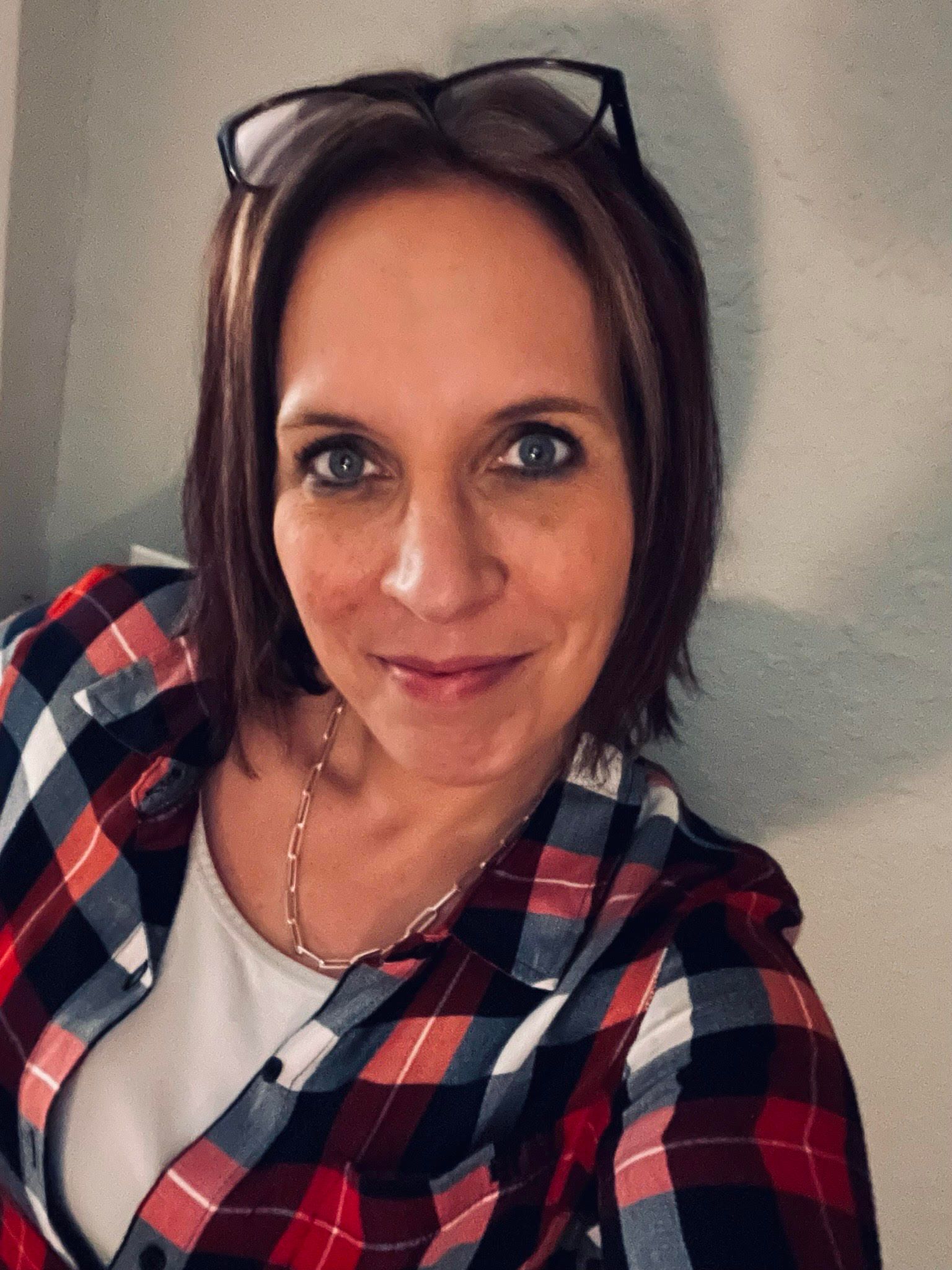
By Shannon Schwoeble, CRC
•
09 Nov, 2023
Hello, my name is Shannon Schwoeble, and I am an Accountable Recovery Specialist living near Akron, Ohio. My journey began in western Pennsylvania, where I had a typical childhood until relocating to Harrisburg, PA, at 14. As an average student, I engaged in field hockey, track, and participated in my school's arts magnet program and orchestra. Despite a bustling social life, I always felt like an outsider, never quite fitting in with friends or family. In high school, I experimented with pot and alcohol, but it wasn't until college that I started experiencing binges and blackouts. I returned home after a year to attend community college and work. Throughout my 20s and 30s, I grappled with feelings of alienation, finding solace in alcohol, which began as functional alcoholism but didn't remain so. A pivotal moment came in 2003. While in nursing school and raising a toddler, I developed a severe infection from a kidney stone, leading to my first experience with IV narcotic pain medication and pain pills. I began using them excessively, along with alcohol. Working night shifts in the emergency room, I had access to narcotics, which I managed to conceal for about 4.5 years. A year and a half into my addiction, my mother confronted me. I convinced her to let me enter Intensive Outpatient Program (IOP) while continuing to work. Despite "graduating" the program, I continued using for nearly two more years. In March 2011, my life unraveled. After a pharmacy audit, I was suspended from work, leading me to a crossroads. It was then I recalled a young man from my IOP, who incessantly spoke about his inpatient treatment. His words guided me to call my Employee Assistance Program (EAP) and choose the same treatment center he had mentioned. On March 22nd, 2011, I entered inpatient treatment, staying for 56 days, followed by a move to a women's sober living house in Lorain, Ohio. I completed my IOP and returned home in July 2011. With dedication, I completed a treatment in lieu of conviction program, having my record expunged and sealed. In 2016, I discovered recovery coaching, recognizing its value during early recovery stages. I obtained my recovery coach certification, later working with medication-assisted treatment providers. I firmly believe in "recovering out loud," using my story to inspire hope in others. As a mother of a 22-year-old son, also in recovery, and a 10-year-old daughter who has never seen me in active addiction, I am immensely proud. Despite life's challenges, I know I can manage anything with the tools I've acquired and the support of my recovery community. While I don't dwell in the past, I use my experiences, especially those leading up to treatment, as stark reminders of a life I never wish to return to. My mission now is to share my story and help others find hope and recovery through Accountable .
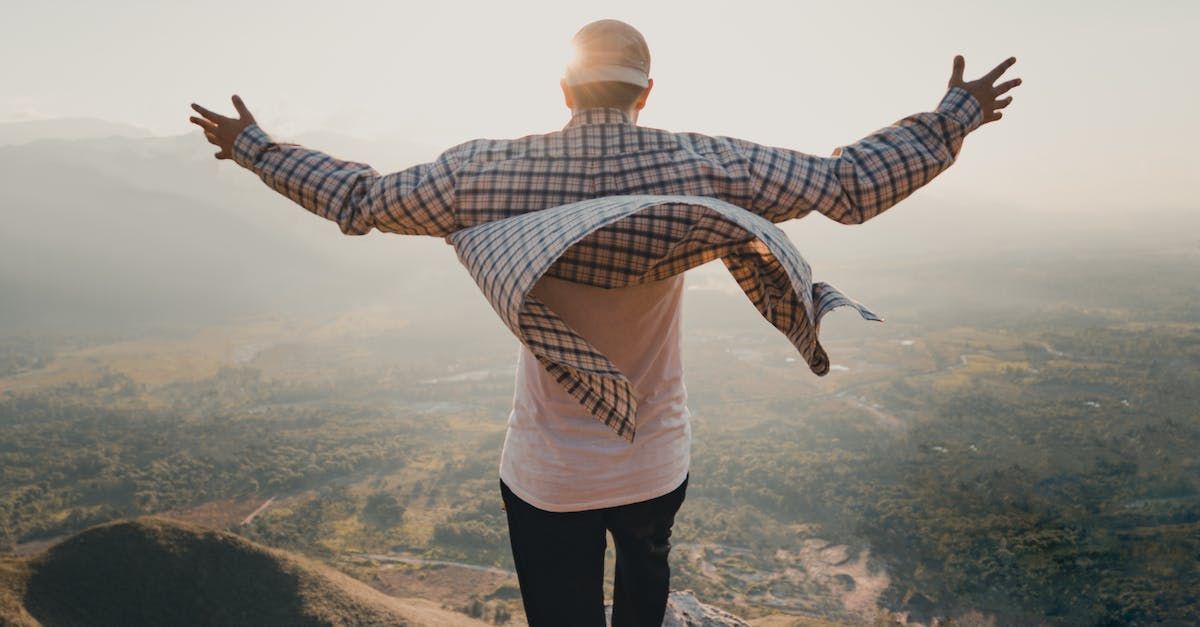
By A Member
•
02 Oct, 2023
I was born on December 11th, 1968, in the northern part of Orlando, Florida. I grew up as the third child in my family, with an older brother and an older sister, in a somewhat rural area. Our family had a passion for motorcycles, and we often raced motocross. However, my journey towards recovery wasn't an easy one, and it's a story I want to share for Recovery Month. In my early years, I desperately wanted to race motocross, just like my older brother. However, I faced a significant challenge – the lack of proper gear. All I had were hand-me-downs from my brother, who was always better than me in motocross. Determined to pursue my passion, I borrowed a helmet, gloves, and a jersey, and I bought a motorcycle. In my first race, I surprised everyone by coming in first place, even beating the kid considered the best in the class. Despite my success, my parents were often absent from our lives, struggling with their own issues, including alcoholism. During those challenging years, I endured a horrifying ordeal that I kept hidden for far too long. I became a victim of sexual abuse, with my brother as a silent witness. I carried the shame and pain of this experience for decades, never uttering a word. As I grew older, my resentment towards alcohol grew. Yet, I found myself in an environment where it was always present. I abstained from drinking until I turned 15, but after my senior year of football, I started experimenting. I attended a college in Valdosta, Georgia, known for its vibrant college bar scene, and alcohol became a regular part of my life. I spent ten years working in the Arena Football League, where alcohol was readily available, and I also worked as a bartender during the off-season. I experimented with drugs during one offseason, but they didn't captivate me like alcohol did. I've been drinking for 35 out of my 54 years of life, and it finally took a toll on my health. I was diagnosed with cirrhosis, a condition closely linked to alcohol abuse. Despite some attempts at sobriety, I continued to struggle with addiction. My life took a drastic turn when I ended up in the hospital, barely clinging to life. It was a wake-up call that I could no longer deny. The realization that I needed help and couldn't control my addiction was a crucial moment in my journey to recovery. With the support of my wife and family, I reached out for help. I admitted myself to a Cirque Lodge , where I finally acknowledged my powerlessness over alcohol. It was a moment of relief and hope, something I had not felt in years. After treatment I enrolled in You Are Accountable . I get to meet with Ailish Abbate on a weekly basis, focus on building a sober support network, address triggers, focus on wellness, rebuild trust within my family unit and live a fulfilling life free of alcohol. Today, I cherish the serenity of a life free from alcohol's grip. I've learned to appreciate the simple joys of life and embrace a newfound sense of peace. Recovery has gifted me the opportunity to pass on the knowledge and experience to others who struggle. Recovery has been a challenging journey, but it's one that I embrace with gratitude. I'm grateful for the support of my loved ones and the chance to help others who battle addiction.
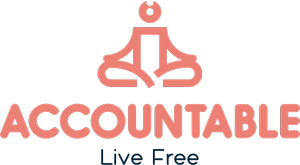
hello@youareaccountable.com
(646) 450-7641